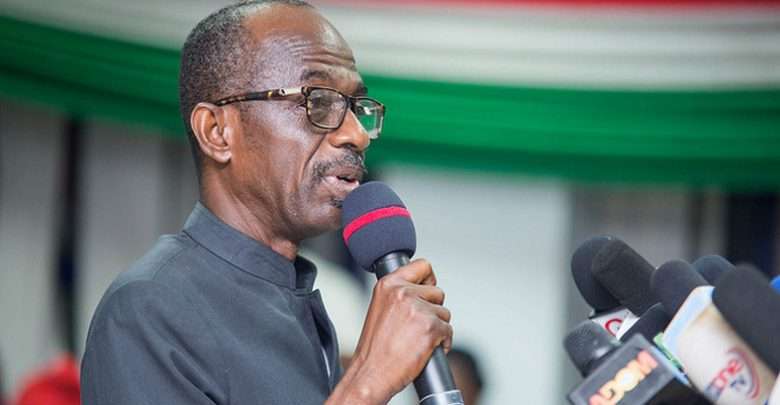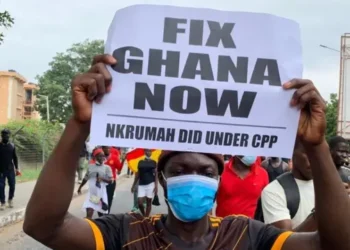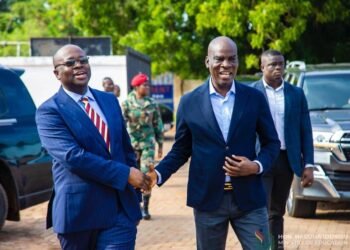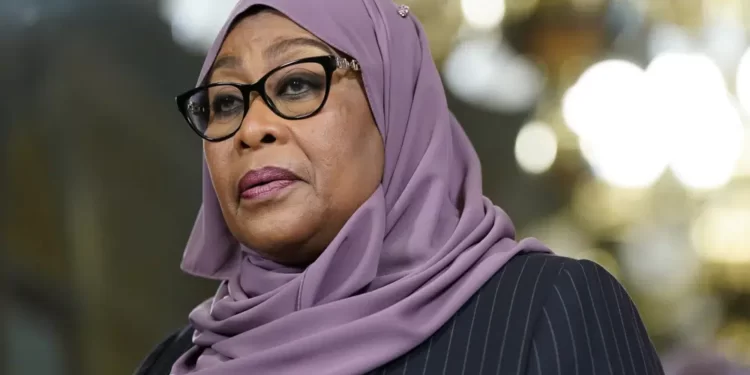As Ghana approaches its December elections, the need for political parties and politicians to commit to a peace pact cannot be overstated.
The country’s democratic gains and stability are at stake, and it is imperative that all stakeholders prioritize peace and work towards a violence-free electoral process.
Ghana has a history of peaceful elections, but the risk of violence and electoral disputes is ever-present.
In recent years, the country has witnessed an increase in political vigilantism, intimidation, and clashes between supporters of different political parties.
This trend has the potential to undermine the credibility of the elections and threaten the country’s stability.
Accordingly, Johnson Asiedu Nketia, National Chairman of the NDC, has voiced skepticism about the efficacy of peace declarations, drawing on past experiences where such agreements had failed to yield tangible results.
Asiedu Nketia stressed that meaningful violence prevention requires tangible efforts and proactive engagement, not just tokenistic declarations or superficial displays.
As such, the NDC Chairman announced that the party will not endorse any peace accord or declaration ahead of the forthcoming election.
He emphasized that signing a peace declaration is essentially meaningless to the NDC, given that past agreements have failed to produce any tangible outcomes or improvements.
“If you allow violence to brew, it will happen whether you sign a declaration or not. That’s why, more than a year ago, I started talking about the need for us to remove the building blocks for a violent election”.
“At any stage when something is happening, I call on those who, in the future, will call us to sign a declaration to speak up and stop it from happening. Otherwise, if you let these issues build up and then say, ‘Let’s play a peaceful football match, sign a declaration, and hope for a peaceful election,’ it won’t work. We did all this and more in 2020”.
Johnson Asiedu Nketia
Peace Pact Crucial For Violence-Free Elections
Furthermore, a peace pact among political parties and politicians is essential to prevent electoral violence and promote a peaceful environment.
By committing to peace, political leaders can help reduce tension and anxiety among citizens, create a conducive environment for elections, and ensure that voters can exercise their franchise without fear or intimidation.
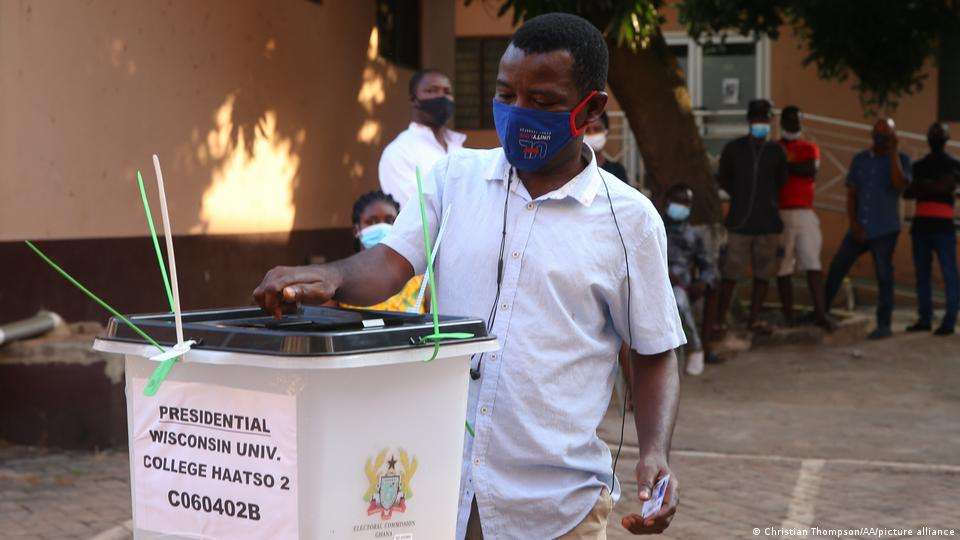
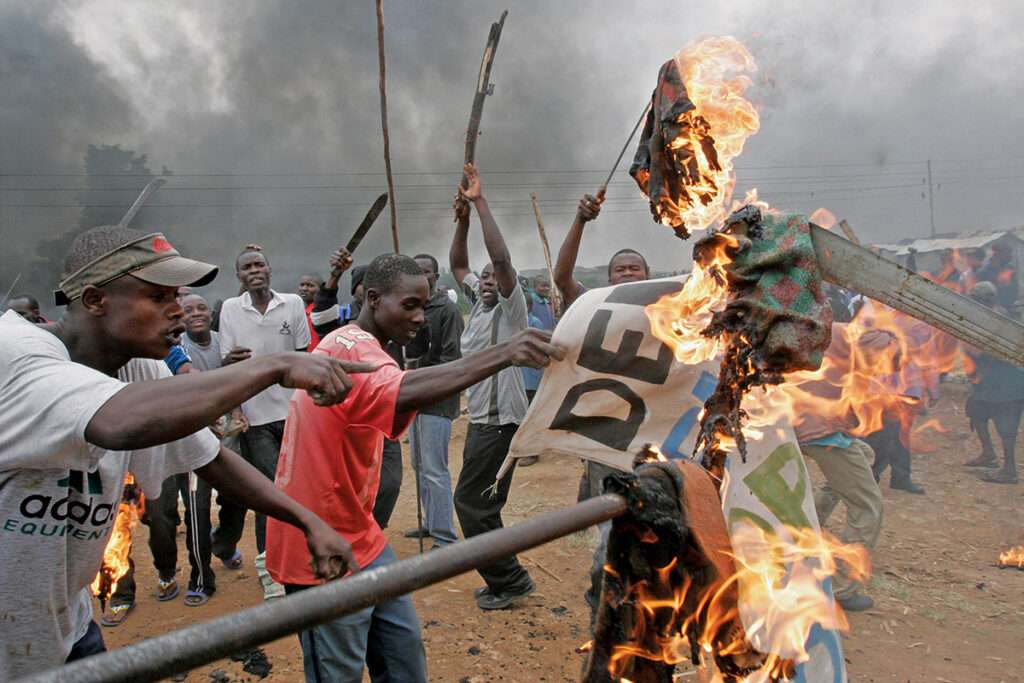
As such, Johnson Asiedu Nketia further lamented that the emphasis on signing peace agreements is often misplaced, as it typically occurs after tensions have already reached a boiling point.
He advocated for a more proactive approach, where authorities identify and address the underlying causes of potential violence before it escalates.
Asiedu Nketia noted that even with the participation of esteemed bodies like the Council of State and the Peace Council in previous peace declarations, the 2020 election was still tainted by violent incidents, highlighting the limitations of such agreements.
“Signing or not signing is not the issue. What we need to address are the building blocks that lead to violence. Declarations in themselves do not change any situation on the battlefield.
‘It [violence] is brewing now. Peace Council should talk about it, it is a public discourse. Let’s hear the Catholic Bishop Conference or whoever wants us to sign documents in the future. We sit there and allow this government to select and train party members and deploy them on Election Day… What will [a peace] declaration do to avert what is likely to happen there?”
Johnson Asiedu Nketia
Asiedu Nketia expressed alarm over the clandestine recruitment of approximately 10,000 personnel into the security forces, cautioning that this covert move could be a simmering recipe for discord and potential instability.
“Go and advertise the thing properly and let every Ghanaian get the opportunity to be recruited”. – Johnson Asiedu Nketia
Most importantly, the need for political parties and politicians to commit to a peace pact in the lead-up to Ghana’s December elections is crucial.
It is imperative that all stakeholders prioritize peace, work towards a violence-free electoral process, and ensure that the country’s democratic gains and stability are protected.

